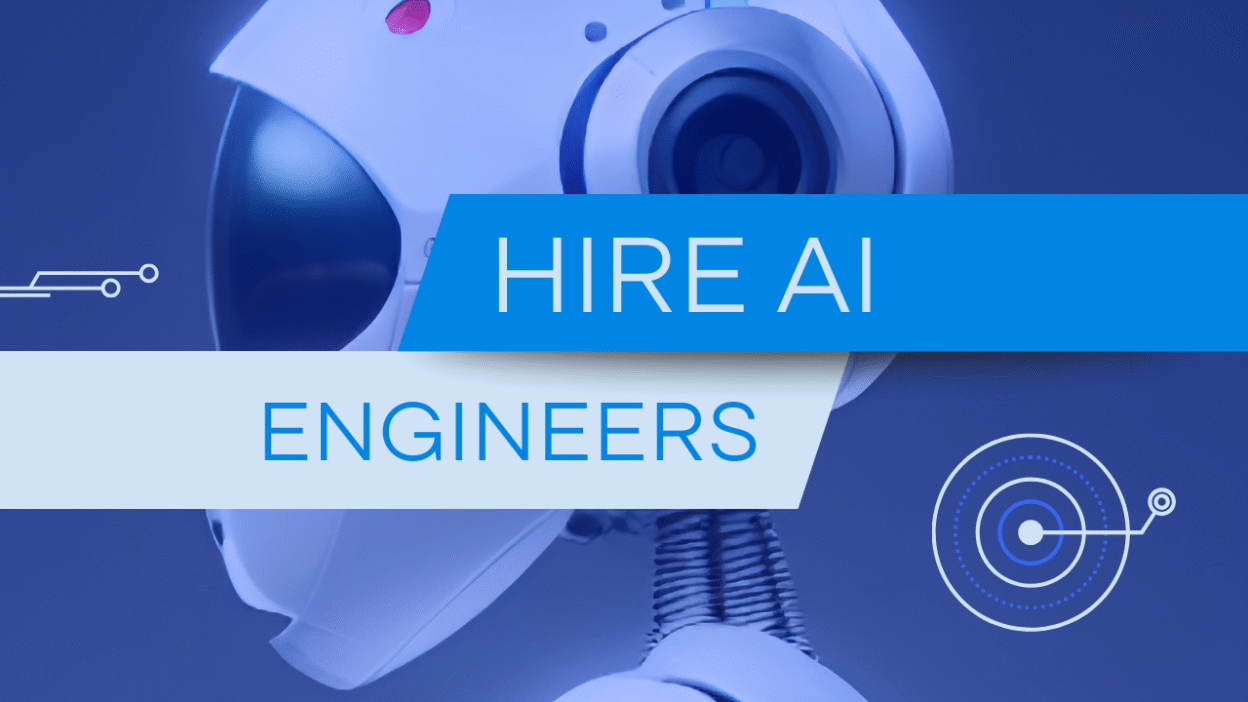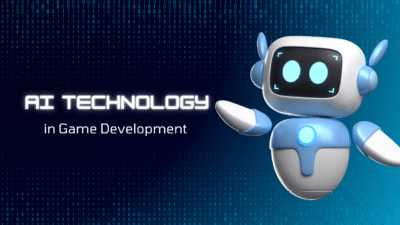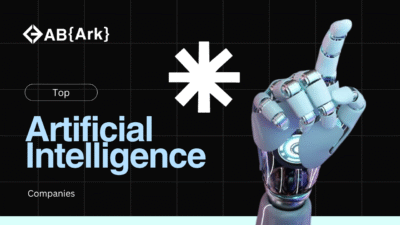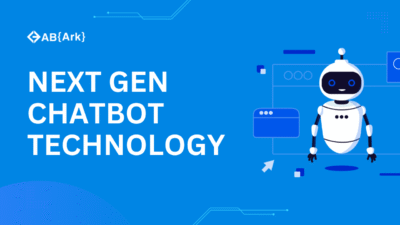Every startup founder faces the same reality: limited time, limited budget, and a desperate need to stand out. The difference between success and failure often boils down to how fast you can innovate.
But here’s the catch—most startups rely on off-the-shelf solutions, generic apps, or outsourced developers who can’t fully customize advanced tools. That leaves them vulnerable. Competitors that embrace artificial intelligence are already automating tasks, predicting customer needs, and scaling faster. Without the right expertise, you risk falling behind.
That’s why many forward-thinking founders choose to hire AI engineers early on. These professionals bring the skills to design smart systems, optimize operations, and even create entirely new product categories.
In this blog, we’ll explore 10 reasons why startups should hire AI engineers from day one—and how doing so can future-proof your business.
1. Gain a Competitive Edge with AI-First Innovation
Startups thrive by disrupting existing markets, not by blending in. By hiring AI engineers, you can leverage machine learning (ML), natural language processing (NLP), and computer vision to build AI-powered features that incumbents can’t match. Imagine launching a fintech app with real-time fraud detection or a healthcare tool that predicts patient outcomes. These differentiators come from AI engineering talent, not templates.
2. Build Scalable Systems from the Start
Too often, founders rush to build MVPs (minimum viable products) with shortcuts that crumble under growth. An AI engineer ensures your architecture is scalable—designing data pipelines, MLOps frameworks, and model deployment systems that evolve with your user base. This prevents costly rebuilds later and allows you to grow without hitting performance bottlenecks.
3. Attract Investors with an AI-Ready Team
Venture capitalists and angel investors actively look for AI-native startups. They know the global AI talent shortage means the earlier you secure talent, the stronger your competitive moat. A startup that can showcase an AI recruitment strategy during pitches signals readiness to disrupt markets. In fact, many investors now ask: “Do you have the right AI engineering team in place?”
4. Save Time by Automating Repetitive Tasks
Startups live and die by efficiency. When you hire AI engineers, they can design systems that automate customer support with chatbots, streamline HR with AI recruitment platforms, or optimize logistics with predictive analytics. Freeing your team from mundane tasks gives you more time to focus on innovation, customer acquisition, and growth.
5. Customize Instead of Relying on Generic Tools
Sure, SaaS platforms exist for nearly everything. But if you want to stand out, customization is key. AI engineers help you go beyond plug-and-play apps. They fine-tune large language models (LLMs), train proprietary datasets, and tailor solutions to your unique audience. This is how startups differentiate themselves from copycats.
6. Reduce Long-Term Costs
It may feel expensive to hire AI engineers early, especially when big tech offers them multi-million-dollar packages. But startups can balance costs with creative incentives—equity, research time, conference budgets—and the payoff is massive. Automating processes reduces labor costs, while in-house expertise saves you from overpaying for consultants. In the long run, having an AI engineer on staff is far cheaper than constant outsourcing.
7. Recruit AI Engineers Before the Talent War Intensifies
Let’s face it—the global AI talent gap is real. Salaries are skyrocketing as Meta, Google, and OpenAI scoop up experts. For startups, the smartest move is to recruit early, before competition gets fiercer. Platforms like Upwork, Toptal, Lemon.io, and LinkedIn make it easier to source AI developers and freelancers. Some startups even use fractional AI recruiters to get access to pre-vetted candidates without a long hiring cycle.
8. Improve Decision-Making with Predictive Analytics
Early-stage founders make dozens of high-stakes decisions each week. Should you expand into a new market? Raise prices? Pivot features? AI engineers can design predictive models that turn raw data into actionable insights. By hiring for skills like ML lifecycle management and data science integration, you remove guesswork and base decisions on evidence—boosting your odds of scaling successfully.
9. Retain Talent with a Strong AI Culture
Hiring AI engineers isn’t just about filling roles—it’s about creating a culture of innovation. When your first hires are AI-focused, you attract other engineers who want to work with cutting-edge tech. To retain them, offer structured onboarding, mentorship, and ongoing learning opportunities like conferences or workshops. That’s how startups avoid churn and keep building strong, mission-driven teams.
10. Future-Proof Against Ethical and Regulatory Risks
AI isn’t just about speed—it’s about responsibility. Regulations around AI fairness, bias mitigation, explainability, and data privacy are tightening. Startups that hire AI engineers with expertise in ethical AI practices position themselves to comply early, avoiding expensive pivots later. Building with sustainability and transparency in mind can also strengthen customer trust, a priceless asset for any young company.
FAQs About Hiring AI Engineers
- What skills should I look for when hiring AI engineers?
Seek candidates with experience in machine learning models, NLP, data pipelines, and system integration, along with strong communication skills. - Where can I find qualified AI engineers?
Explore platforms like Upwork, Toptal, Lemon.io, Dover, and LinkedIn—or consider fractional recruiters like Ab Ark Private Limited for specialized talent. - How much do AI engineers cost?
Salaries vary widely. At startups, expect six-figure salaries plus equity, while big tech pays into the millions for top AI talent. - How do I retain AI engineering talent?
Retention strategies include offering mentorship, continuous training, research opportunities, and impact-driven projects that keep engineers motivated.
The message is clear: the best time to hire AI engineers is not when you’re already scaling—it’s when you’re just starting out. By investing in AI engineering talent early, startups gain a competitive edge, attract investors, save time and money, and build a foundation for long-term growth. In a world where AI-native graduates and seasoned engineers are in high demand, early adoption isn’t just smart—it’s survival.
So, if you’re a founder dreaming of the next big disruption, don’t wait get a free consultation.




